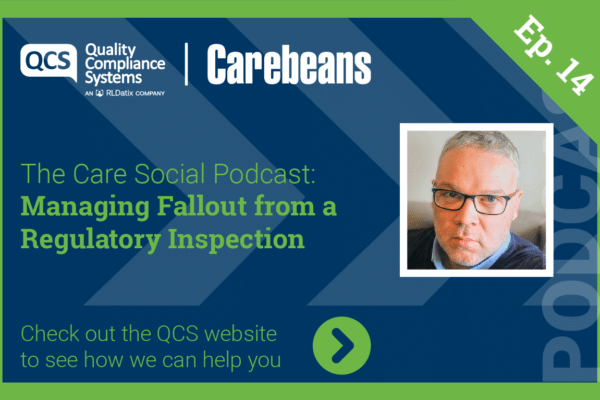Staff appraisals are often met with apprehension and anxiety, but in reality they are an integral part of employer-employee relations and achieving business objectives. This is despite studies suggesting that significant percentages of those being appraised found the process to be of limited use as well as doubting the honesty of those carrying out the appraisals. Whilst appraisals are not a legal requirement evidence would suggest that they go a long way in improving motivation and productivity. Dental colleagues have confirmed that Care Quality Commission often review staff appraisals during routine planned inspections. The majority of dental practices carry out appraisals once a year; however, the timescales can be varied according to individual circumstances. Appraisals give an opportunity to exchange views freely between employee and employer and they should not turn into a one sided question and answer session with the line manager doing all the talking. The main elements of staff appraisals are measurement, feedback, positive reinforcement, an open exchange of views and agreement.
Appraisals are not about pay reviews although there may be an element of performance related pay in certain circumstances. It is also not about criticising individuals but helping them identify any performance related issues and formulation of a personal development plan to address any identified needs. The purpose of the appraisal is to match performance with practice objectives and involving staff in achieving goals personally, professionally and for the organisation.
One of the most important parts of appraisals is feedback and 360-degree feedback is fast becoming an important element. Here views are sought from multiple sources including management, peers, patients and the appraisee. Effective feedback is only possible in an environment where individuals trust each other to have open conversations about performance. It is also important not to give negative feedback but to focus on success and strengths.
Preparing for the appraisal is the key to success. Both the appraiser and appraisee should have looked at the points to be discussed beforehand and a questionnaire is useful to aid this process. Ensure that adequate time is set aside for the appraisal and that the environment encourages relaxation and not confrontation. A poor appraisal meeting often focuses on a list of failures and omissions and is very much dominated and controlled by the appraiser. This type of appraisal often ends with disagreement between appraiser and appraisee leaving the appraisee feeling disengaged or demotivated by the process.
A positive appraisal meeting will recognise and reinforce achievement. It will review the whole period since the last meeting and will avoid focusing on recent or isolated events. The appraisers will listen actively to what the appraisee has to say and will allow for reflection and analysis. The appraiser will ensure that past performance and attitude are taken into account and avoiding analysing personalities. The appraiser will ensure that future capability and development needs are discussed and that the meeting ends positively with agreed action plans to improve and maintain performance in the future.
The appraisal process should culminate in the formulation of a Personal Development Plan. This will look at the future and should be time bound and have realistic and achievable targets and goals. It is generally accepted that goal setting is effective and valuable for steering and improving performance. The plan should have measurable outcomes which can be a useful starting point of the next appraisal. Dental practice staff should see the appraisal exercise as a positive one and they should recognise the mutual benefits to all parties.






